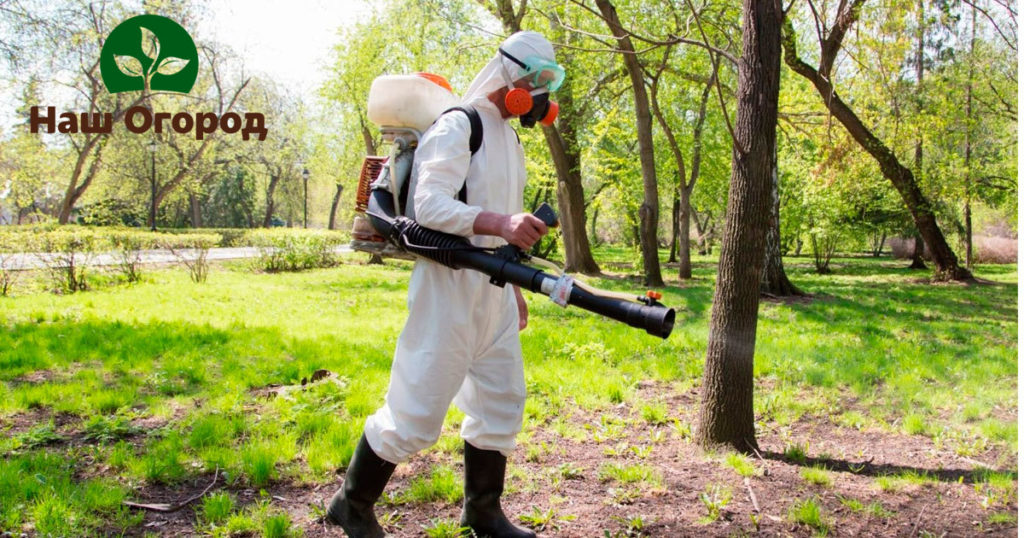10 most dangerous damage in the garden! 10 most effective ways to overcome them!
Content:
We are all accustomed to associating rest in the country with benefit and pleasure. But even here we may be in danger. Do not forget about caution and follow simple rules. Let's talk about what can happen to us in the garden, how to prevent damage in the garden
Garden damage: cuts and wounds
Everyone knows what tetanus is. It seems that it is not so easy to get infected with it, but it is the gardeners who are at serious risk. While working on the site, we may not notice a cut or wound, infections can easily enter the human body through it. Children are given a tetanus shot. But we still recommend that you always treat the wound with a disinfectant in case of a cut.
Damage to the garden: bruises and bruises
Even with caution and accuracy in work, it is difficult to do without bruises. Usually, a person does not attach serious importance to the injury, and this is fraught with consequences. Be sure to observe the site of the injury and consult a doctor if the problem bothers you for several days.
Damage to the garden. Insect bites
Pesky insects not only ruin our crops, but can also harm a person. Some have an allergic reaction to the bites of certain types of pests. So, for example, even the bite of one insect can greatly harm a person if you do not provide him with the necessary medical care. In addition to allergies, mosquito or fly bites can be sources of infection. These insects carry diseases such as fever or malaria. Do not neglect insect control measures, use repellents.

Heart problems
Most summer residents are very overworked on their plots. Gardeners forget about safety precautions by being in the sun, doing hard work, cultivating the beds upside down. Overwork makes you feel unwell and sleepy. It is especially necessary to work carefully for the elderly and those who have chronic diseases. Remember, if you feel unwell, have shortness of breath or dizzy, you must stop gardening and see a doctor. It was often in this situation that older people suffered from heart attacks and strokes.
Allergy
It's not just insect bite allergies that are fatal to the grower. Symptoms of seasonal allergy to flowering plants may appear on the site. It becomes difficult for a person to breathe, his eyes turn red, and his general condition deteriorates sharply. Always have allergy medication in your medicine cabinet.
Sunstroke
Usually all work in the garden or in the garden takes place during the day. Be careful when spending time in the sun. It is very easy to get heatstroke. Be sure to protect your head with a piece of clothing and do not work on the site during the hottest hours. Do your gardening until noon and in the evening.

Mold
Even if you keep your household clean, mold could form in hard-to-reach places during the winter period.To a healthy person with strong immunity, it poses practically no danger, except for drowsiness due to intoxication. But people susceptible to strong allergic reactions can suffer from such a neighborhood. In order to get rid of mold, ventilate the room and regularly heat the house to get rid of dampness, a favorable environment for the spread of this pest.
Intestinal poisoning
Store food in the refrigerator. Water must be heat-treated. Even spring water can contain bacteria that are harmful to humans. If you drink milk, make sure the animal is healthy and safe. Chicken eggs must be processed to reduce the risk of salmonella contamination.
Hypothermia
At the beginning of the summer season, warm weather can be replaced by really cold nights, a high risk of colds. Therefore, be sure to take warm clothes and necessary medicines with you.
Rodent Infections
It is known that mice and rats are carriers of diseases such as leptospirosis and pseudotuberculosis. In order not to face these dangerous infections, remove food in places inaccessible to rodents. Wash vegetables and fruits thoroughly before eating. Be sure to follow the rules of personal hygiene.

